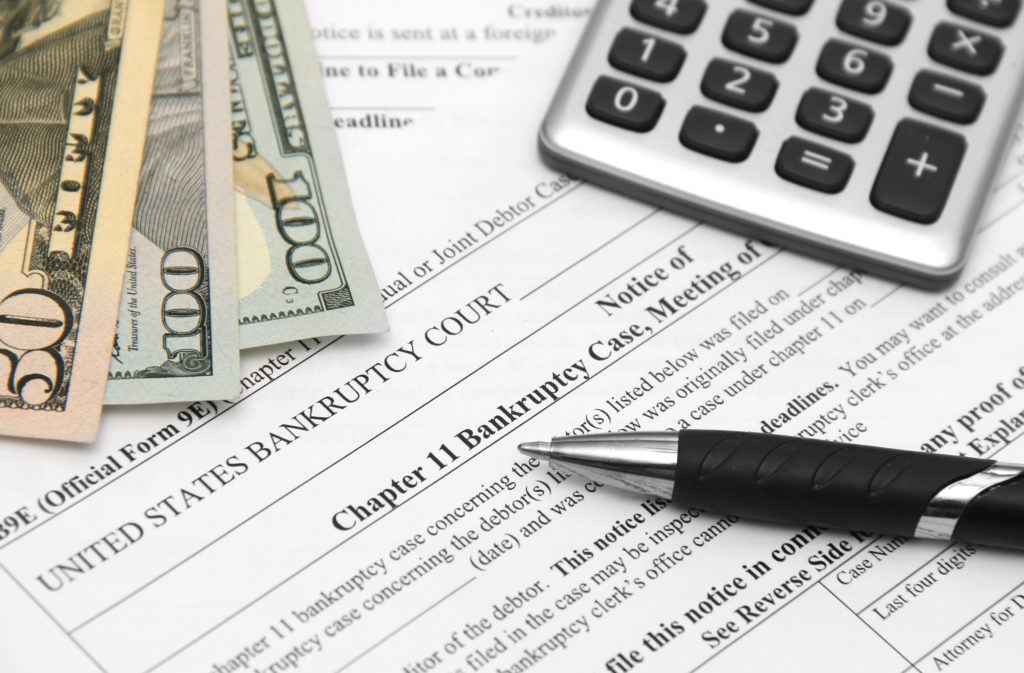If you file for bankruptcy and have debt with a co-signer, it could potentially affect them. Each type of bankruptcy will have a different affect on your co-signer and it’s important to consider them when reviewing your options. Below, I’ve outlined the different types of bankruptcy cases and their involvement with co-signers.
Chapter 13 Bankruptcy
When you file for chapter 13 bankruptcy, something called the automatic stay will immediately prohibit collectors from using collection efforts to pursue you. If you have any co-signers on your debt, a co-debtor stay will also be put in place and they too can not be pursued by collectors. In order for your co-signers to qualify for the co-debtor stay, the following requirements must be met:
- The co-signer must be an individual and not a business entity
- The debt must be for personal purposes and not business purposes
Although the co-debtor stay will protect your co-signer during the length of the bankruptcy, after the bankruptcy is over, the co-debtor stay is lifted. If the debt was not discharged or paid in full during the chapter 13 repayment plan, collectors are able to collect debt from co-signers.
Chapter 7 Bankruptcy
Unfortunately, unlike chapter 13 bankruptcy, a co-debtor’s stay does not apply for chapter 7 bankruptcy cases. In a chapter 7 bankruptcy, all discharged debts will excuse you, but not your co-signer, unless the co-signer has also filed for bankruptcy with you. Your co-signer will then be liable for the remaining debt. In order to protect your co-signers when declaring this type of bankruptcy, you may be able to continue to make payments on the debt to relieve some of the burden.
If you have a co-signer on your debt, it is especially important to review all your options of bankruptcy with an experienced bankruptcy attorney. Contact me today so I can answer all your questions and help you make the right decision.

